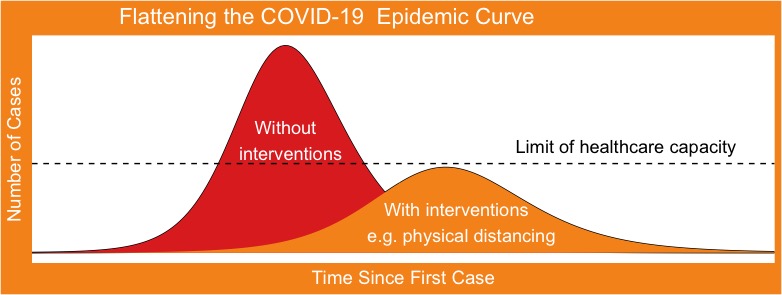Rapid Response to Emerging Threats
The COVID-19 pandemic has highlighted the need for modelling and analysis that can respond quickly to emerging situations. SACEMA’s Rapid Response to Emerging Threats research theme focuses on rapidly producing analyses to increase situational awareness and aid decision making.
Work in this theme has included assessing the effectiveness of a reactive vaccination campaign during a measles outbreak in Stellenbosch, projecting the impact of a product recall on the national Listeriosis outbreak, and developing models of the potential impact of COVID-19 in South Africa and beyond.


